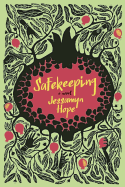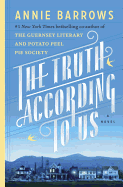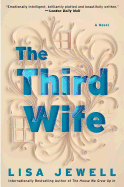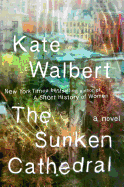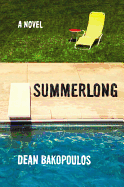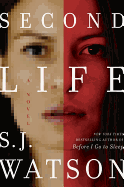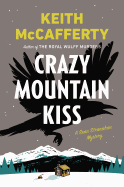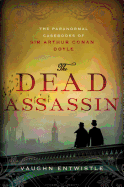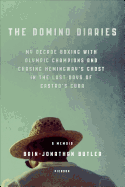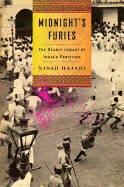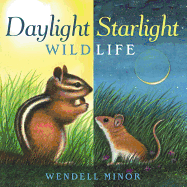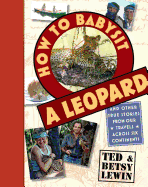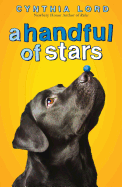 |
| photo: Christina Campbell |
Dean Bakopoulos, author of the New York Times Notable Book Please Don't Come Back from the Moon and My American Unhappiness, is the writer-in-residence of English at Grinnell College, where much of his newest novel takes place. Summerlong (see our review below) follows a husband and wife as they begin to wander from one another, finding new friends whose youth and inhibition cause the older couple to question how stable their relationship really is. Bakopoulos is the winner of a 2008 Guggenheim Fellowship and a 2006 National Endowment for the Arts Fellowship.
Your novels are all set in the Midwest (Michigan, Wisconsin and Iowa). What interests you about the region?
Well, those are the three states I've lived in, and they are states people outside the Midwest think of as a fairly homogenous chunk of farmland and forest, but there's a lot of diversity here, some surreal stories, and a fair amount of strangeness. I like the idea of using my novels to investigate the many different types of communities in the Midwest, and the particular myths and mysteries they believe in and sustain over the years.
There's also a palpable earnestness here and a genuine humility. Many of us Midwesterners come from farmers or factory workers or immigrant laborers who worked incredibly hard so that we'd have easier lives. And maybe because we're cognizant of the hard lives our ancestors had, people here seem to be fixated on the idea of being good, of being worthy of that past sacrifice. This of course causes all sorts of trouble because it's really hard to be perfect all the time. There's a lot of shame as a result. There are also a lot of people who trap themselves in unhappy lives because they doubt they deserve any better. And one day, they're sick of being trapped. And to me that's the perfect three-part structure: character gets in trouble, character resists/embraces the shame of that trouble, character feels trapped by that shame and lashes out one last time. See Hamlet, Macbeth, King Lear, Othello, etc.
How else have your personal experiences inspired the novel?
I'll be appropriately coy here and use the second person. Let's just say that marriage is hard, and sometimes you're in one for a long time, say 17 years, and you have two great kids and a nice life, and you're pretty sure you are in that marriage forever. You imagine that your life has settled into a predictable trajectory. You think you know what to expect. And then a small fight explodes into something insurmountable, and perhaps your partner files for divorce, and then everything changes very rapidly on you, and you're powerless to stop it. You go through darkness previously unimaginable, and your heart goes into a strange, sad place, and you worry about what it does to your kids, and yet, you have to crawl forward, toward any shred of light you can find. Writing this book helped me find that light. Writing always does that for me. That's why I keep doing it.
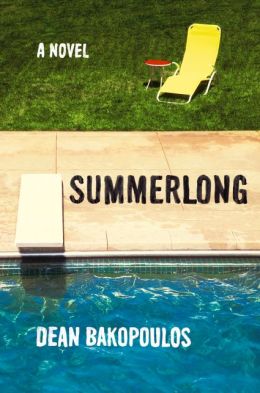 Summerlong switches perspectives among four characters: a man and woman who are each under 30, and a middle-aged husband and wife. What led you to this approach?
Summerlong switches perspectives among four characters: a man and woman who are each under 30, and a middle-aged husband and wife. What led you to this approach?
A desire to challenge myself as an artist, but also a desire to have a novel that moves like a good cable TV series, from scene to scene, character to character, standoff to standoff. A good series has a good mix of characters across demographics. Also, I like that cable television shows often are happy to play with ideas of the fallout from coincidence and impulse and secrets, and I wanted those three things to be a big part of why people do and say things in this book. I'd be lying if I said that I didn't borrow the structure of the book, and the way the scenes move, at least in part, from season one of Mad Men.
The mythos of the "American Dream" is a reoccurring theme in your work, as is the notion of a "secret life." Are these two ideas intertwined in the book?
Great question! I'm so glad you phrased it that way. I really feel like that's a major tension in middle-class American life, and I wanted to explore it. I think we often have a public desire and a private one. The public desire becomes our identity: that's Dean Bakopoulos and that is what he wants. But the private desire, the secret heart, begs us to stop chasing such things. One of the benefits of the upheaval in my personal life that's occurred this year: I am learning that amazing things happen when you give up the idea of conventionality and fitting in, give up the idea of material success or domestic perfection, and just move forward and do what you want to do without shame. (I am not saying that you do whatever you want. But you can live an honorable life and still do what you want to do.)
Some of the characters' anxieties seem similar to those of previous generations, while others are specific to the present era. Is this something you thought about while writing?
I did. I think previous generations had fairly tangible and monolithic demons that haunted them: the Great Depression, World War Two, Vietnam, Civil Rights, and those collective battles against these demons inspired some amazing economic and social gains. I think my generation, those of us hitting 40 about now, are reaping the benefits of those gains as well as the consequences. That leads, perhaps, to more personal or diffuse demons like various anxieties born of social media, or the never-ending workday, or the shame of creeping debt, or the perfectionism we see in mass media. Place this alongside less tangible but incredibly scary demons like climate change and terrorism. Anxiety feels so much more specific at the personal level, and harder to name at the global level, and so you can feel foolish for having it. Dissatisfaction seems like an admission of defeat in age of apparent abundance.
What will you work on next?
I've just finished a nonfiction manuscript called Undoing, which focuses on a particularly intense three weeks in my recent past, and a screen adaptation of Summerlong. I've recently begun work on a new novel inspired by Chekhov, particularly the last year of his life, his marriage to the actress Olga Knipper, and Stanislavski's production of The Cherry Orchard in Moscow in 1904. I'm still not yet sure if it's actually set in 1904 Moscow, or if I am going to transport the play to contemporary Chicago. --Annie Atherton
Dean Bakopoulos: Looking Behind the American Dream
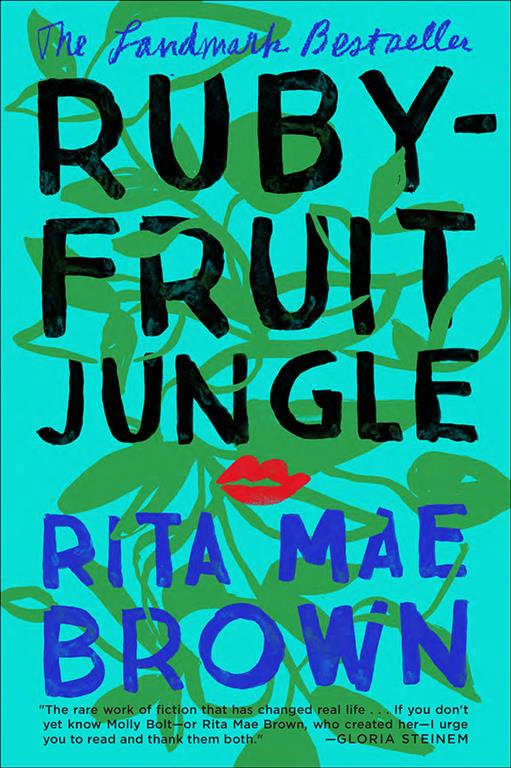 This is what happens when someone tells the truth.
This is what happens when someone tells the truth.



 Summerlong switches perspectives among four characters: a man and woman who are each under 30, and a middle-aged husband and wife. What led you to this approach?
Summerlong switches perspectives among four characters: a man and woman who are each under 30, and a middle-aged husband and wife. What led you to this approach?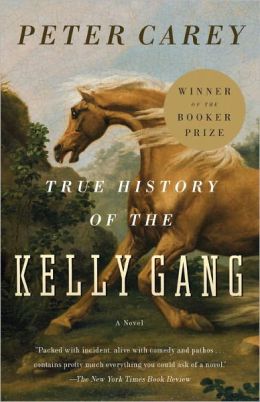 Published in 2000,
Published in 2000, 